Many other treatment options are available in addition to or instead of medication to enhance the care of people with movement disorders. Program team members are specially trained to meet the many different needs of patients and their families. Components of care may include:
- Exercise, to develop a personalized exercise plan to help patients strengthen muscles and posture, promote flexibility, prevent cardiovascular disease and stimulate the parts of the brain that can control movement and coordination.
- Physical therapy, to provide guidance for how to enhance posture, improve mobility, prevent falls, increase range of motion and more. The program offers the LSVT® BIG program, a research-based exercise approach focusing on Parkinson’s disease and other neurological conditions.
- Occupational therapy, to learn strategies for accomplishing daily tasks more easily, including driving as appropriate, using alternative techniques, adaptive equipment, positioning and other techniques.
- Recreational therapy, to help patients continue in or return to the leisure activities they enjoy.
- Speech-language pathology, to assess swallowing abilities, prevent aspiration pneumonia, and restore voice and speech (including the Lee Silverman Voice Treatment LOUD Program®). Cognitive/linguistic retraining provides techniques for developing the mental process of language, memory and other thinking skills.
- Nutritional support, to help patients maintain an optimal diet despite challenges such as mobility and swallowing.
- Neuropsychiatry, to assess cognitive, emotional and behavioral problems related to a movement disorder.
- Neuropsychology, to assess problems with thought processes and identify ways to help patients relearn skills or find alternative ways to make up for decreased neurological abilities.
- Social services, to coordinate quality of life services for patients and families with the assistance of social workers specializing in the needs of movement disorders patients.
- Wellness support, to support healthy lifestyles with options like the Stepping On program for fall prevention.
Virtual Visits Are Available
Safe and convenient virtual visits by video let you get the care you need via a mobile device, tablet or computer wherever you are. We'll assess your condition and develop a treatment plan right away. To schedule a virtual visit, call 414-777-7700.
More to Explore
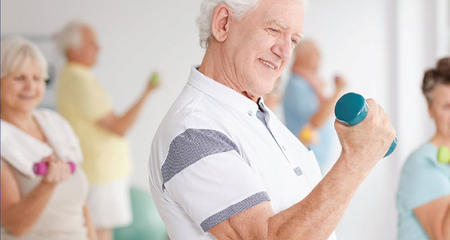
Sept.
09
Upcoming Event
Exercise Class for People With Parkinson's Disease (September/October)
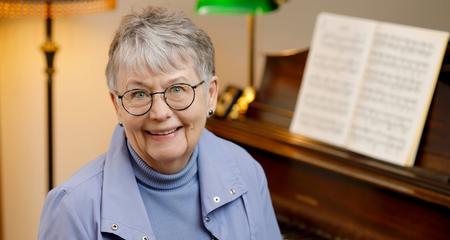
From the Blog
A Steady Hand: Deep Brain Stimulation for Essential Tremor
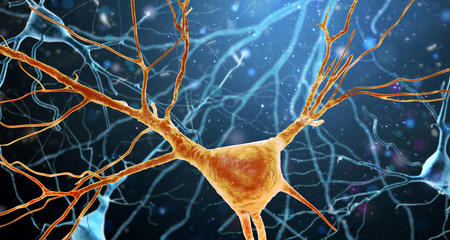
From the Blog
Deep Brain Stimulation for Parkinson’s Disease
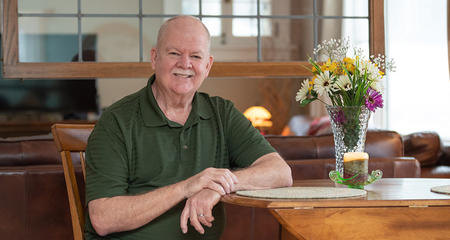
From the Blog
Deep Brain Stimulation Reduced Parkinson's Symptoms for Steve
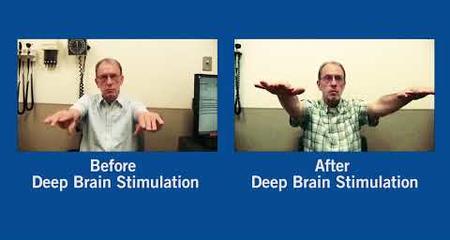
Video
Deep Brain Stimulation
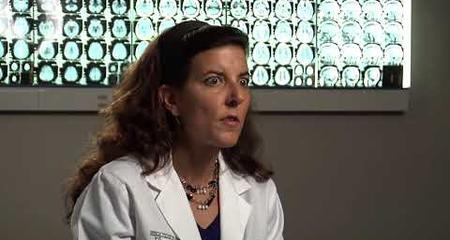
Video
Parkinson's Academic Medicine